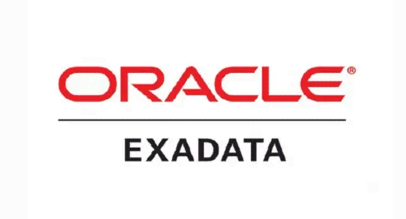

Our customer is the biggest tobacco manufacturer in India. The company was originally established in London in 1844 and was the first UK company to mass-produce cigarettes.
They are the manufactures and sellers of cigarettes, smoking tobacco cigars, and confectionery, as a part of having a non-tobacco line of products released in 2009.
The client wanted a technology refresh from current Oracle Exadata X4-2 and Exadata 3-2 system to new and improved database machine – Oracle Exadata X8-2 server. It was required by the customer to migrate all the databases running on the Exadata X3-2 and Exadata X4-2 and all its settings to Exadata X8-2 Machine.
Being the first one to implement and migrate Oracle Exadata X8 in India, it was certainly a challenge to meet customer expectations with tight implementation timelines. There was hardly any information available or documented on Oracle Support for product related bugs or issues.


Despite the challenges, HIPL DBA and Infra team completed the project efficiently with all the proper measures and within defined timelines.
The client has more than a dozen mission critical business applications. These applications were deployed and run on Exadata and Exalogic machines with variety of databases, middleware, and web tier applications. However, this multitude brought with itself numerous product vendors and HIPL successfully performed and maintained cross-deployment, patches, upgrades, integration and maintained 99.999% availability.



India : Ground Floor, Infotech Centre,
14/2 Milestone, Dundahera
Old Gurgaon Road, Gurgaon,
Haryana 122016
USA : 702 Russell Avenue,
Suite 310, Gaithersburg,
MD 20850
Heuristics Informatics Pvt. Ltd. (HIPL) is an IT Product Specialist and Application Service Provider delivering emerging technology solutions for enterprise digital transformation. With over 2 decades of serving a global audience, providing agile IT services & solutions, and a portfolio replete with star studded projects, we deliver customer satisfaction on priority. We have a proven expertise in applying innovation and excellence to offer the best possible IT solutions to real world business problems.
© 2024 Heuristics Informatics Pvt. Ltd. All rights reserved.